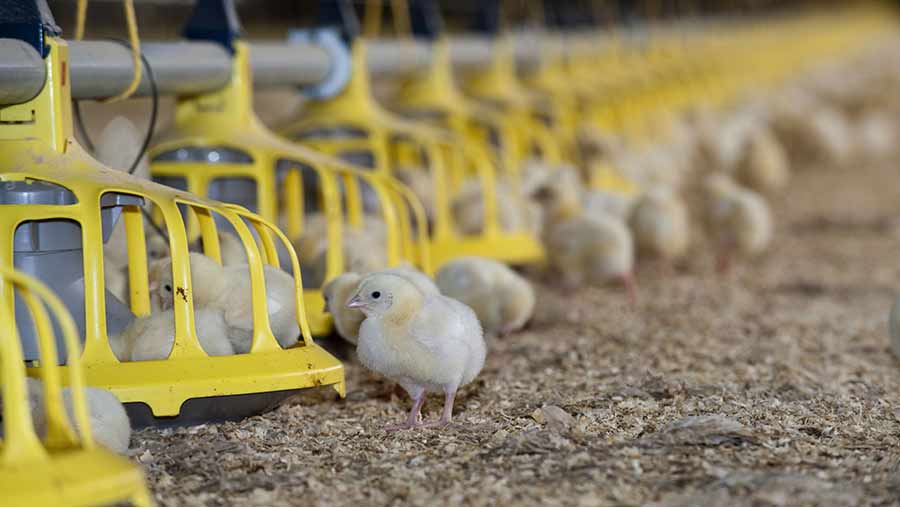Opinion: Industry-led guidance on welfare codes made sense
 © FLPA/Rex Shutterstock
© FLPA/Rex Shutterstock Defra’s decision to scrap plans to devolve regulation of animal welfare standards to industry bodies is a mistake.
The original plans, part of its wider deregulatory agenda, had met with howls of protest from the animal welfare community who declared their shock and indignation.
It would be a “major step backwards” for animal welfare in the UK, people said. Some people even went as far as suggesting it was like “putting the lunatics in charge of the asylum”.
But such people were always going to oppose the move. Animal welfare is, after all, big business these days and, like most big business, it invests much time and resource lobbying politicians and regulators.
It would have been hard for them to watch responsibility for welfare regulation handed back to the very industry they have built careers and spent millions on demonising.
But a shift to industry-led guidance on establishing welfare codes – even though the move would not have initially changed the actual legislation or its enforcement – would have been a positive step.

David Alvis is managing director of Yorkshire Dairy Goats, based in the East Riding. He is a Nuffield Scholar and formerly co-managed the Technology Strategy Board’s sustainable agriculture and food innovation platform
Centrally administered statutory regulation is expensive and often struggles to keep pace with advances in best practice within the industries it is intended to safeguard.
Paradoxically, this can lead to a situation where minimum legal requirements are well below what is desirable and can end up providing de-facto legal protection for standards that fall well short of current best practice.
In reality, too, given the scale of the budget cuts it has to deliver across the board, Defra has few options available to it.
Faced with the task of finding a solution that equitably addresses the needs of all stakeholders, not just those who profess to care about the way the food they (often don’t) eat is produced, deregulation could have proved to be a catalyst for sustainable delivery of welfare improvements across the board.
And the one area where the biggest gains can be made is in the widespread adoption of outcome-based measures of welfare, that assess the effectiveness of welfare provision by the end result, rather than the more prescriptive system-based approach favoured by most welfare campaigners.
Outcome-based measures are invariably more objective, measurable and dynamic, driven by innovation and evolving best practice.
System-based approaches, on the other hand, while perhaps easier to describe in simple and attractive terms to the consumer, are often bureaucratic and inflexible, ascribing subjective and generalised values to rigidly defined system inputs, while disregarding the single most important factor in the success or failure of any system of livestock production – management.
Systems-based welfare is, by its very nature, divisive, potentially stigmatising otherwise exemplary farming businesses simply because the way they choose to farm does not conform with some pre-ordained chocolate-box view of how farming should look.
By any credible measure this makes no sense at all, yet this is what many in the welfare industry believe is the way forward and, to date, they have been far better than us at communicating their message.
Deregulation brings with it great opportunities, but also risks. For it to succeed, we all need to acknowledge the need to continuously seek to improve our performance, and to objectively measure and proactively and positively communicate that improvement to our consumers.
We also need to get it right from the start, as we will be afforded no honeymoon period by those organisations who see their influence diminished by this move.
Raising the bar, rather than hiding behind generic assurance schemes designed to protect minimum legal standards of welfare provision, is the only way we will earn customer confidence and silence our very vocal critics.
Defra abandoning these plans represents a big opportunity missed.
